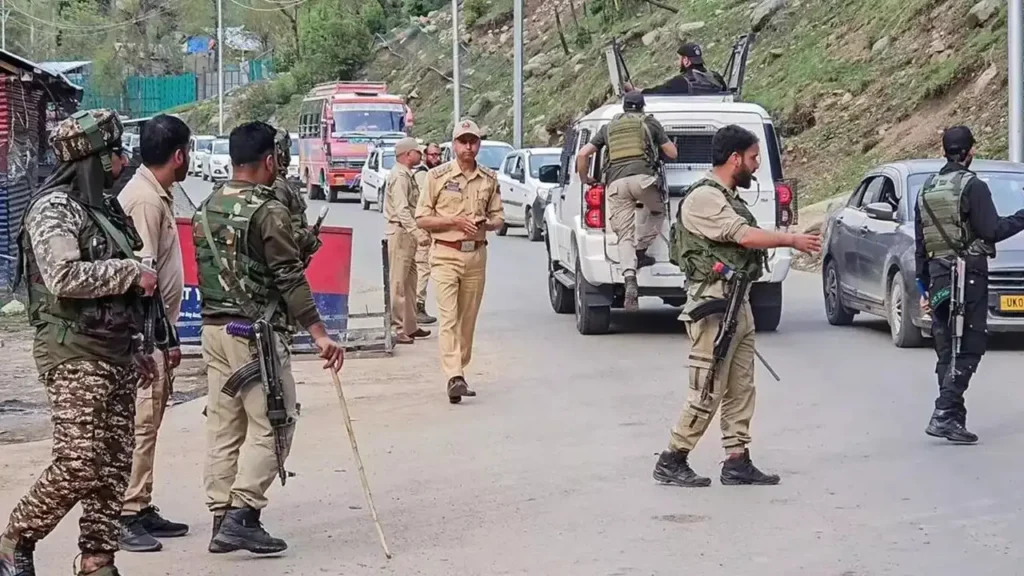Tourism in Kashmir Faces Severe Setback Following Pahalgam Terror Attack


The devastating terrorist attack in Pahalgam, Jammu and Kashmir, has triggered a sharp decline in the region’s tourism industry, with over 90% of tourist bookings reportedly cancelled. Beyond the tragic human toll, the incident has severely disrupted the livelihoods of thousands who rely on tourism for their income.
On April 22, 2025, militants launched a brutal assault on tourists in Baisaran Valley near Pahalgam, killing 26 people—25 Indian citizens and one tourist from Nepal. The attack was claimed by a group calling itself “Kashmir Resistance” and has been strongly condemned by Indian officials. Authorities have blamed Pakistan for fostering cross-border terrorism, though Islamabad has rejected these accusations.
The fallout has been swift and severe. With more than 90% of tourists fleeing the Valley in the aftermath, the usually vibrant hotels, houseboats, and shikaras now sit abandoned. Many travel and hospitality businesses are reeling from mass cancellations, with some operators reporting that bookings have been wiped out through September.
The financial shock is being felt deeply by the local population, many of whom depend on seasonal tourism for their survival. Tour operators, hoteliers, guides, and artisans are facing uncertain futures as the visitor count plummets.
In an attempt to manage the crisis, the Indian government and private sector players have rolled out several relief initiatives. Online travel agency EaseMyTrip announced that customers who booked before April 22 for travel until April 30 can reschedule or cancel their plans without penalty.
In support, Indian airlines such as Air India, IndiGo, and Akasa Air are offering full refunds and free rescheduling options for all flights to and from Srinagar, aimed at easing the burden on affected travelers and encouraging future visits.
Despite these interventions, the tourism industry faces a steep climb back to recovery. Security fears, renewed travel advisories, and global media coverage of the violence have left a lingering sense of apprehension among potential visitors.
Tourism in Kashmir has long been a symbol of normalcy and economic stability in the region. However, repeated incidents of violence have shaken the confidence of travelers, both domestic and international.
The Pahalgam terror attack has not only resulted in a devastating human tragedy but has also inflicted deep economic wounds on Kashmir’s tourism-dependent communities. While short-term relief is being provided by travel agencies and airlines, restoring long-term trust will demand a sustained and coordinated effort from the government, industry stakeholders, and security agencies. Ensuring the safety and confidence of tourists will be crucial in rebuilding one of the region’s most vital economic sectors.